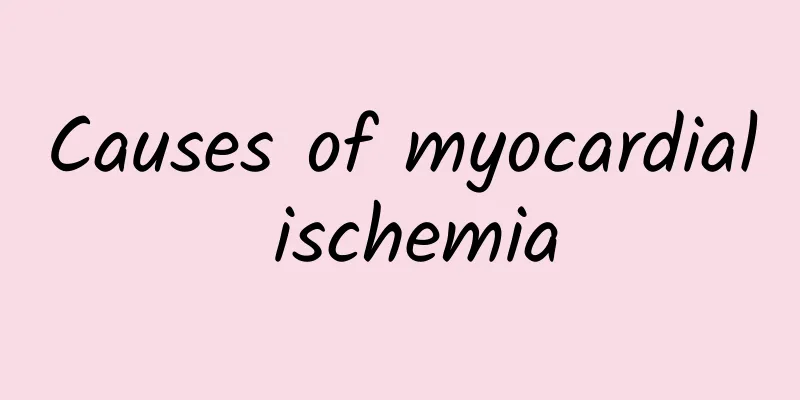What infectious diseases are there in spring?

|
The spring season when flowers bloom is actually also the season when many viruses breed. Therefore, various infectious diseases are prone to occur at this time, which will have a great impact on health. For example, common influenza, measles or chickenpox are all epidemic infectious diseases. 1. Flu (influenza) Influenza, commonly known as flu, is an acute respiratory infectious disease caused by influenza virus. It is highly contagious and has a high chance of spreading. Symptoms: fever, headache, runny nose, sore throat, dry cough, muscle and joint pain all over the body, etc. The fever usually lasts for 3-4 days, and may also manifest as more severe pneumonia or gastrointestinal influenza. Sources of infection: influenza patients and asymptomatic carriers. Transmission route: direct transmission through air droplets, indirect transmission through objects contaminated by the virus. 2. Meningococcal meningitis Epidemic cerebrospinal meningitis, also known as meningococcal meningitis, is an acute respiratory infectious disease caused by meningococci. Symptoms: runny nose, cough, headache, fever, etc. In severe cases, drowsiness, neck stiffness, projectile vomiting, coma, and shock. Source of infection: patients with meningococcal meningitis or carriers. Transmission route: direct transmission through airborne droplets. 3. Measles Measles is an acute infectious disease caused by the measles virus and can usually be cured in about 10 days. Symptoms: Can be summarized as “three, three, three”. Prodromal period of 3 days: moderate fever of about 38 degrees appears 3 days before the rash appears, accompanied by cough, runny nose, tearing, photophobia, and grayish white spots appear on the buccal mucosa of the mouth (this is a characteristic); rash period of 3 days: the body temperature rises to about 40 degrees on the 4th-5th day of the disease, and red maculopapular rash starts from the head and gradually spreads to the trunk, upper limbs, and lower limbs; recovery period of 3 days: 3-4 days after the rash appears, the body temperature gradually returns to normal, the rash begins to subside, and the skin remains with bran-like desquamation and brown pigmentation. Transmission route: Transmission via respiratory droplets. Source of infection: The patient is the only source of infection. After the disease, people can acquire lasting immunity, and a second attack is extremely rare. 4. Chickenpox Chickenpox is a highly contagious disease caused by the varicella-zoster virus. Symptoms: Low to moderate fever, followed by the rapid appearance of red maculopapular rashes. Transmission routes: air transmission, water transmission, food transmission, contact transmission, biological vector transmission, etc. |
<<: Can I eat papaya after mole removal?
>>: Tiamulin fumarate, identified in this way
Recommend
What to do if there is oil in the stomach
There is a lot of oil in the human body, but most...
Fibroids: Hot compresses on breasts every day
Many people think that breast fibroadenoma is bre...
At what age does a man's sexual function end?
Modern research has found that men's sexual f...
Solutions to the problem of excessive and smelly farts
Although having many smelly farts will not have a...
Effects of Panax notoginseng powder and Salvia miltiorrhiza powder
Panax notoginseng powder and Salvia miltiorrhiza ...
Is it harmful to drink mineral water during pregnancy?
Drinking some mineral water during pregnancy is g...
Causes of fetal choroid plexus cysts
For pregnant women, nothing is more important tha...
There are whiteheads on your face, 6 tips to help you remove them
Whiteheads are a common skin problem and are clos...
Why is my body so stiff?
Many patients with myocardial infarction or cereb...
What should high school students do if they have trouble falling asleep?
High school students have difficulty falling asle...
What are the functions and effects of ephedra?
The efficacy and effects of ephedra can be demons...
Common massage chairs are harmful to the body
With the arrival of an aging population, many peo...
I took diet pills and felt bloated. Can I relieve it by moving my body?
Summer is the season for women to show their bodi...
When the child is breastfeeding, the adult will sweat
After becoming mothers, most women choose to feed...
What Chinese medicine should I take for toothache?
There are many reasons that can cause toothache, ...









